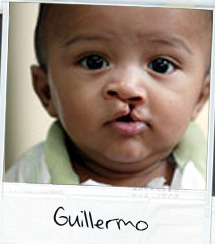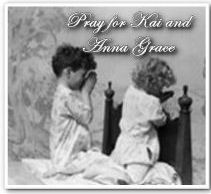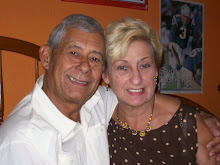Published January 2, 2010
From the magazine issue dated Jan 11, 2010.

George Obama sits in front of his home in a slum in Nairobi, Kenya
In November 2008, I stood in a bar in Kenya watching Barack Obama give his victory speech. From the wild cheering of the crowd on TV, and his repeated appeals to them personally—"You said," "You heard," "You called"—I felt as if the people of America knew this man far better than I, even though we shared the same father. If there was a leading light in the Obama clan, he was it; and if there was a shadowed place that no one liked to talk about, then that, I guess, was me.
After a relatively privileged childhood, I crashed and burned in my teenage years. I had migrated from the plush suburbs of Nairobi, Kenya, to the wild chaos of the ghetto. I lost myself in drink and drugs and became a gun-toting gangster. In my early 20s, I spent a year in a Nairobi prison on robbery charges. My imprisonment included a starvation diet and 24/7 lockdowns in overcrowded, airless cells. But I came out a different man, resolved to turn my life around and find a different path.
Along with some fellow slum dwellers, I set up a youth group for ghetto kids. My passion was football (soccer), which is followed religiously throughout Africa. When we first established the Huruma Centre Football Club, none of our kids had so much as a pair of football boots, let alone any uniform. Some were so hungry when they turned up that they had no energy to play. At other times, the team had to trek for miles to matches because we couldn't afford any transportation. In spite of all that, our players were passionate, and we started winning. Then, as my brother's profile grew in America and around the world, the media came looking for his African relatives.
Eventually the press found me in my slum. My new notoriety was a blessing and a curse. Many people presume I have a direct line to the White House, but I don't. I've only met my big brother twice and have spoken to him just once since the election, to say congratulations. Still, because of our connection, I managed to pull in funds from philanthropists to support the work of the youth group. I raised enough money to buy the team gold and green uniforms—with their own numbers on the back. Last fall, Obama's Champs won the Nairobi Super League—a feat that, just a couple of years back, would have been unthinkable for a team from the slums. With the sponsorship I've attracted because of my last name, we can now afford to take buses all across Kenya for matches.
I still live in one of Africa's biggest slums, along with some 4.5 million others. We have little or no access to health care, no welfare, and no free schooling. The average income is less than $5 a day—and that's for those who find work as servants, taxi drivers, or garbage collectors. For the rest, there is nothing. My brother has risen to be the leader of the most powerful country in the world. In Kenya I hope to be a leader among the poorest, most powerless people on earth—the people of the ghetto.
Hope—it's an idea my brother talked about a lot. But it was only recently that I learned again what it means to feel the true spirit of that word. Here, a little goes a long way.
Obama's memoir, Homeland, was co-written with Damien Lewis.

" My dear friends, if God loved us so much, we too should love one another." St. John 4:11-18.






No hay comentarios:
Publicar un comentario